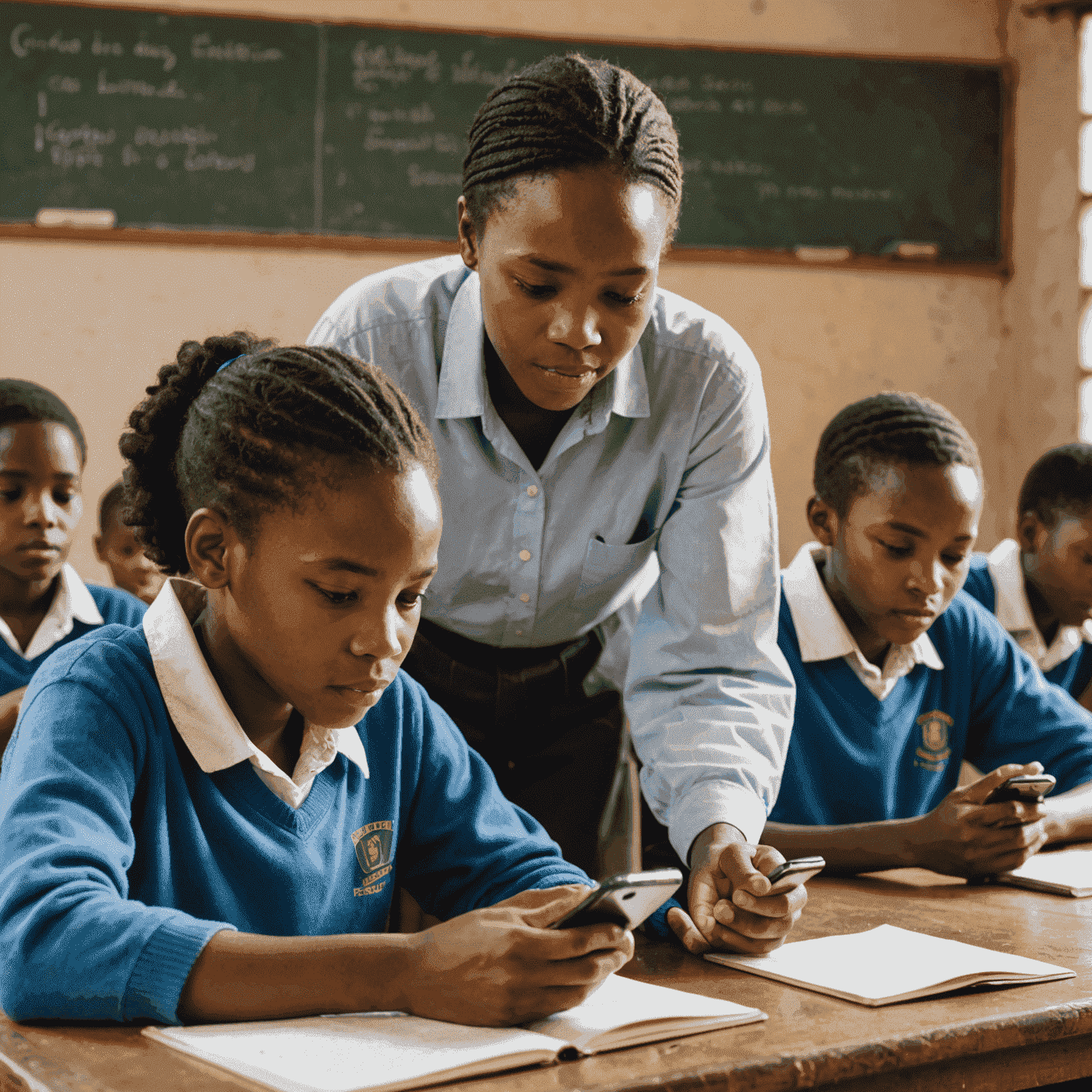Innovative Solutions for Equal Access

In South Africa's diverse educational landscape, the digital divide presents a significant challenge. However, innovative approaches are emerging to bridge this gap and provide equal access to digital education resources.
Mobile Learning Initiatives
One of the most promising solutions is the implementation of mobile learning initiatives. With the widespread availability of smartphones, even in rural areas, educational content can be delivered directly to students' devices. These initiatives include:
- Developing offline-capable educational apps
- Creating SMS-based learning programs for basic phones
- Partnering with mobile network operators to provide free or low-cost data for educational purposes

Community Tech Hubs
Another innovative approach is the establishment of community tech hubs. These centers serve as focal points for digital access and education in underserved areas. Key features of these hubs include:
- Providing access to computers, tablets, and high-speed internet
- Offering digital literacy training for students and community members
- Serving as venues for online classes and digital skills workshops
By creating these tech-enabled spaces within communities, we can ensure that students have access to the tools and resources they need to participate in the digital education landscape.
Collaborative Efforts
Addressing the digital divide in South Africa's education system requires a collaborative approach. Business consulting services can play a crucial role in:
- Developing partnerships between tech companies, educational institutions, and government bodies
- Creating sustainable business models for tech hub operations
- Advising on the implementation of mobile learning platforms

By leveraging the expertise of business consultants, we can ensure that these innovative solutions are not only effective but also sustainable in the long term.
Conclusion
As we continue to navigate South Africa's unequal digital education landscape, it's clear that innovative solutions like mobile learning initiatives and community tech hubs are essential. By combining these approaches with expert business services and collaborative efforts, we can work towards bridging the digital divide and ensuring equal access to quality education for all South African students.